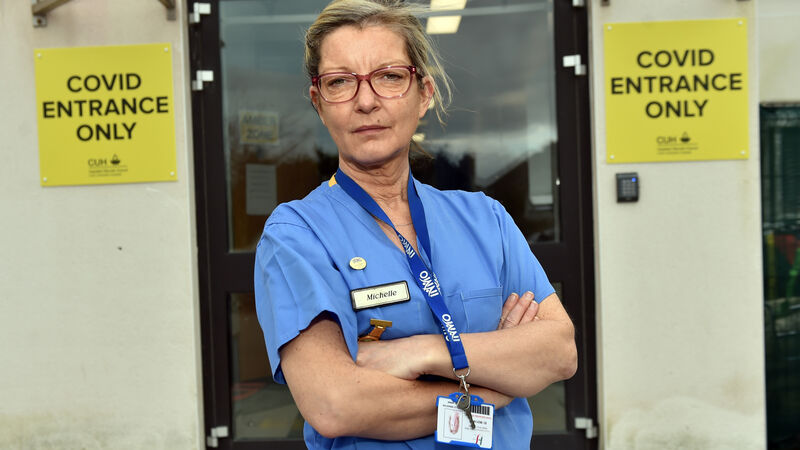'Exhausted' healthcare staff will quit after pandemic, warns Cork nurse

The pandemic has not taken away Michelle Kingston’s love for nursing, but it has changed her life.
Ms Kingston, an Irish Nurses and Midwives Organisation (INMO) representative for emergency department nurses at Cork University Hospital (CUH) said staff shortages caused by Covid-19 have created real pressures.













